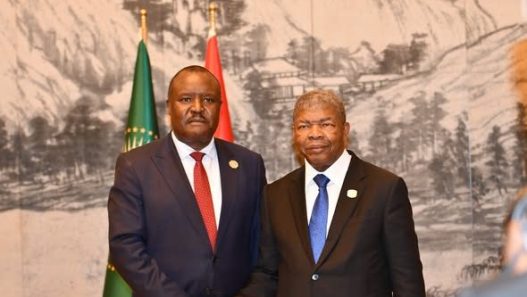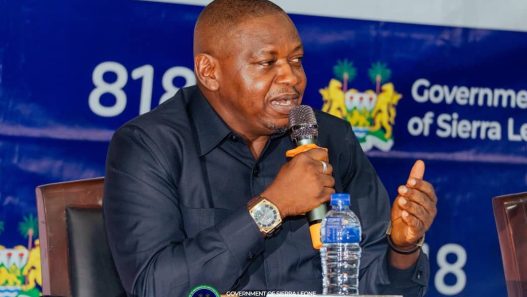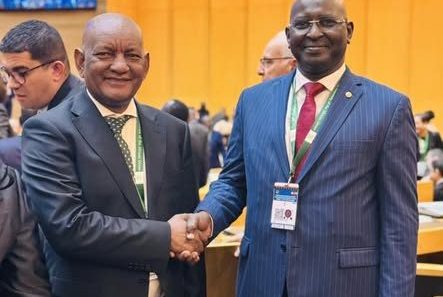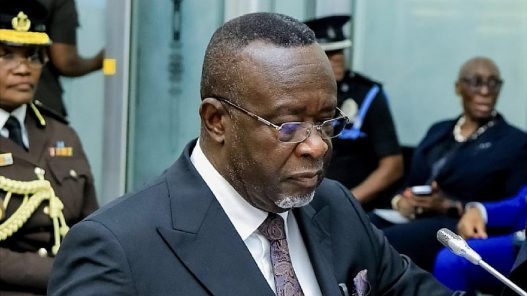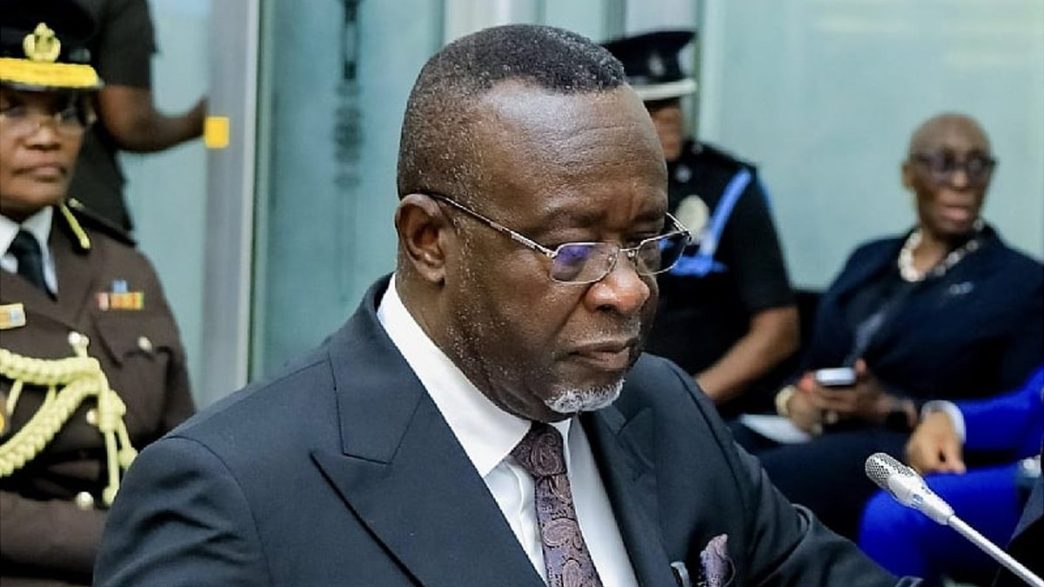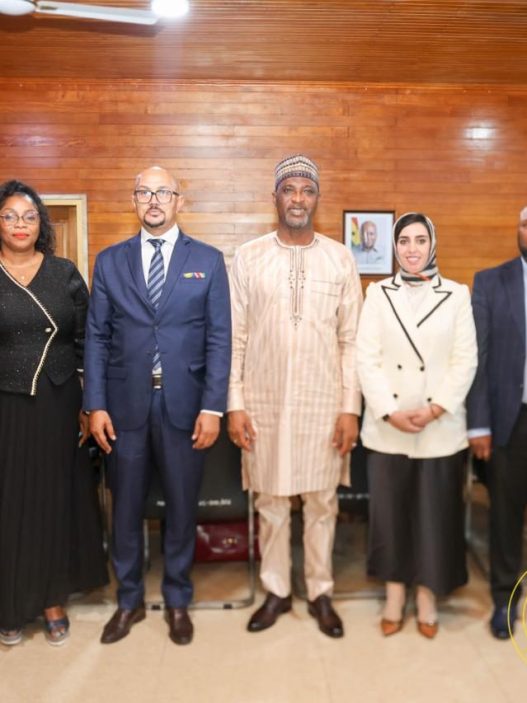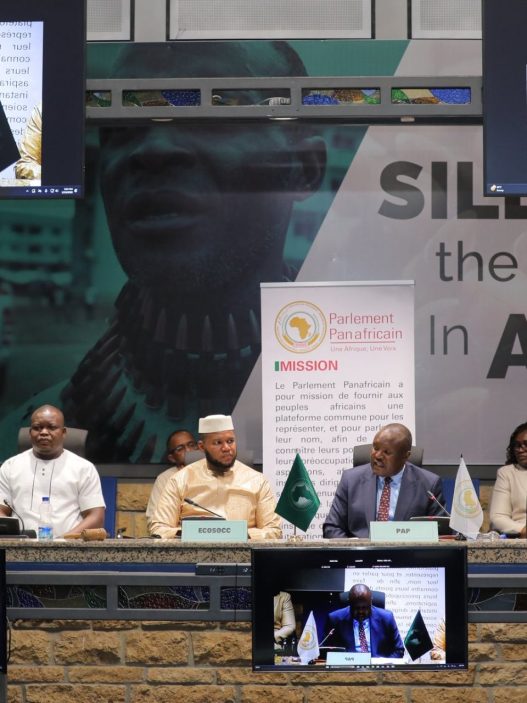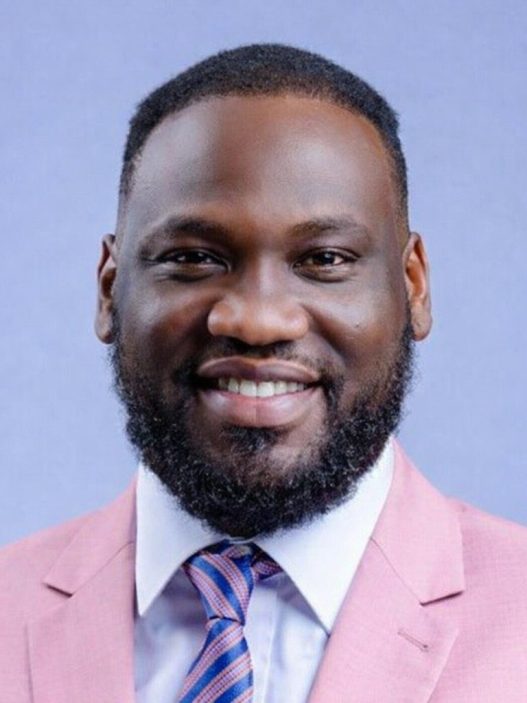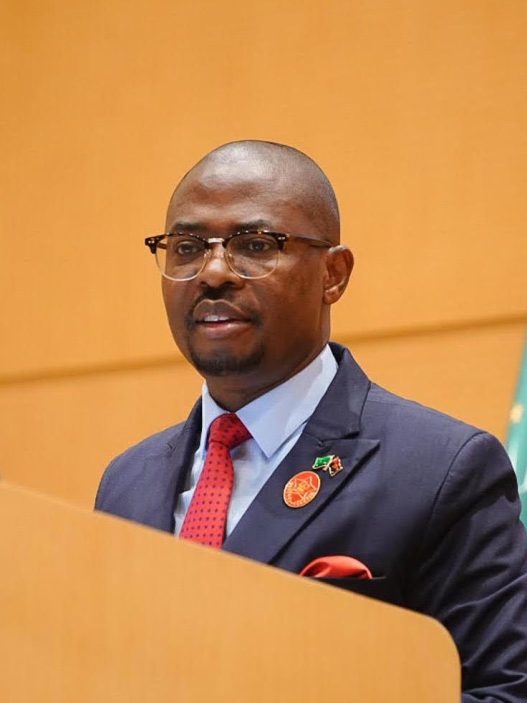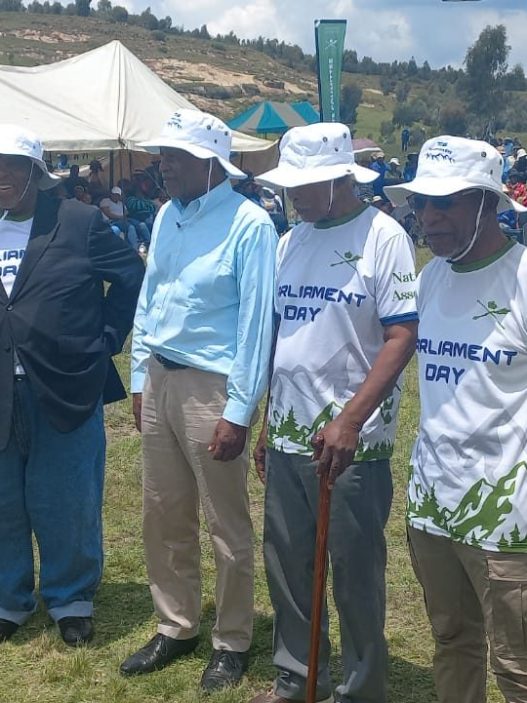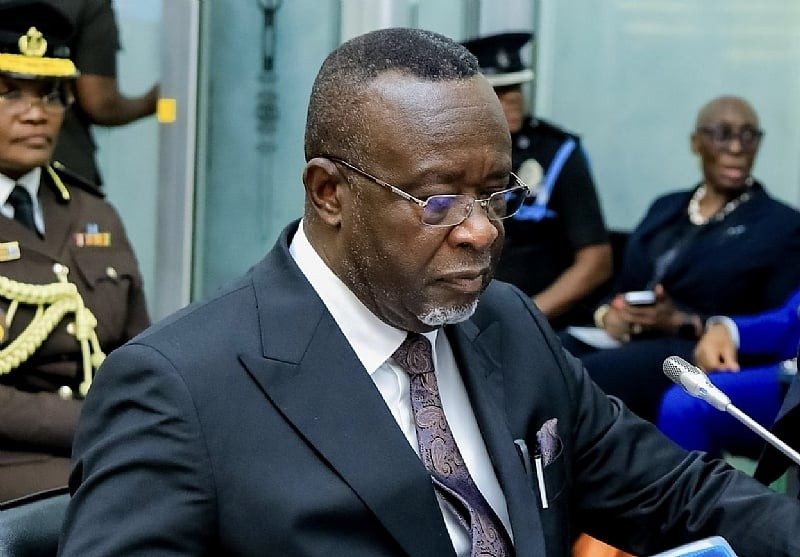
The Parliament of Ghana has approved the nomination of Justice Paul Baffoe Bonnie as the new Chief Justice to head the country’s judiciary.
The approval followed a heated debate in the House on Thursday, November 13, 2025, after the Appointments Committee’s report was laid for consideration. The House eventually approved the nominee through a headcount, which recorded 163 votes in favour and 69 votes against.
Minority Raises Objections
The Minority Caucus expressed strong opposition to the approval, arguing that the Chairman of the Appointments Committee failed to explain to the public the reasons behind their walkout during the vetting of the nominee.
According to the MP for Asante Akim Central, Hon. Kwame Anyimadu Antwi, there were about seven pending court cases relating to the removal of the former Chief Justice, Justice Gertrude Torkonoo. He contended that Parliament should have waited for those matters to be concluded before proceeding with the vetting. He accused the Executive of unduly influencing Parliament — a claim that drew a sharp response from Speaker Alban Bagbin, who rejected any suggestion that his office was under the control of the Executive.
Hon. Anyimadu Antwi cited Article 115 of the Constitution to assert his right to freedom of speech, seeking protection from the Speaker to freely express himself. However, portions of his remarks deemed to have violated the Standing Orders were ordered by the Speaker to be expunged from the records.
Contributions from Both Sides
Hon. Zuwera Mohammed Ibrahimah, in supporting the nominee, praised Justice Baffoe Bonnie’s experience and leadership qualities, saying he had demonstrated competence and emotional intelligence during the vetting. She commended Ghana’s past Lady Chief Justices but faulted the immediate past Chief Justice, Justice Torkonoo, for what she described as “a failure to clearly define the qualities of a good Chief Justice.” She recounted that Justice Baffoe Bonnie had once resigned from the Prison Service to marry his sweetheart who was still serving there — a gesture she described as a show of integrity and principle.
On his part, the MP for Odotobri, Hon. Anthony Mmiah, cited various provisions of the Standing Orders to question the timing of the process but was ruled out of order before completing his submission.
Former Minority Chief Whip, Hon. Alhaji Muntaka Mubarak, argued that the Committee should have arrived at a consensus decision, since the Minority had pre-announced their intention to walk out and therefore could not participate in the vote. He questioned why the nominee, who has long been qualified, was not appointed earlier.
However, the Speaker ruled that the report could not be treated as a consensus decision, as the Minority’s absence from voting was by choice and already captured in the Committee’s report.
Hon. Sammy Awuku also raised concerns under Article 144(2) of the Constitution, insisting that the Judiciary was not “leaderless” and that Parliament should have waited for pending court processes to conclude before proceeding. He, therefore, called for the rejection of the report.
Attorney General Defends Nominee
The Attorney General, Dr. Dominic Ayine, defended the process, noting that Justice Baffoe Bonnie had served the judiciary for over three decades and possessed the necessary experience to lead. He emphasized that if the courts eventually ruled in favour of former Chief Justice Torkonoo, the President was prepared to comply with that decision. He urged Members to approve the nominee, describing him as “eminently qualified and well-suited for the job.”
Debate over Constitutional Issues
The MP for Gushegu, Hon. Hassan Tampuli, noted that the Minority’s opposition was not personal but based on principle and constitutional concerns, particularly the rights of Justice Torkonoo. The Speaker, however, reminded Members that while the Judiciary interprets the law, Parliament retains its constitutional function of lawmaking and oversight.
Hon. Eric Opoku, MP for Asunafo South, questioned the Minority’s inconsistency, recalling that they had previously praised the same nominee under a different administration. He argued that pending legal challenges did not preclude Parliament from carrying out its constitutional duties.
Leadership Positions
In his contribution, the Minority Leader, Hon. Alexander Afenyo-Markin, maintained that the Minority’s position stemmed from the lack of transparency in the process, including the non-publication of reports by the Council of State and the prima facie findings that led to Justice Torkonoo’s removal. He accused the Attorney General of delaying the state’s response in court and reiterated that the Minority would not support the approval, calling for a secret ballot.
Responding, the Majority Leader, Hon. Mahama Ayariga, drew a comparison to previous presidential election petitions, noting that the nation continued to function pending court outcomes in those cases. He questioned why the Minority was adopting a different position in this instance.
Final Vote
After the debates, Speaker Bagbin put the question for the approval of the nominee. Though he initially ruled that “the Ayes have it,” the Deputy Minority Whip invoked Order 151(3) to challenge the voice vote and demanded a headcount. The Speaker granted the request, and the outcome was 163 in favour and 69 against.
A subsequent request for a division was declined under Order 154, with the Speaker ruling that the basis for the challenge was unsustainable. He then declared the report adopted and the nomination of Justice Paul Baffoe Bonnie duly approved as Chief Justice.
Source: Clement Akoloh||parliamentnews360.com

